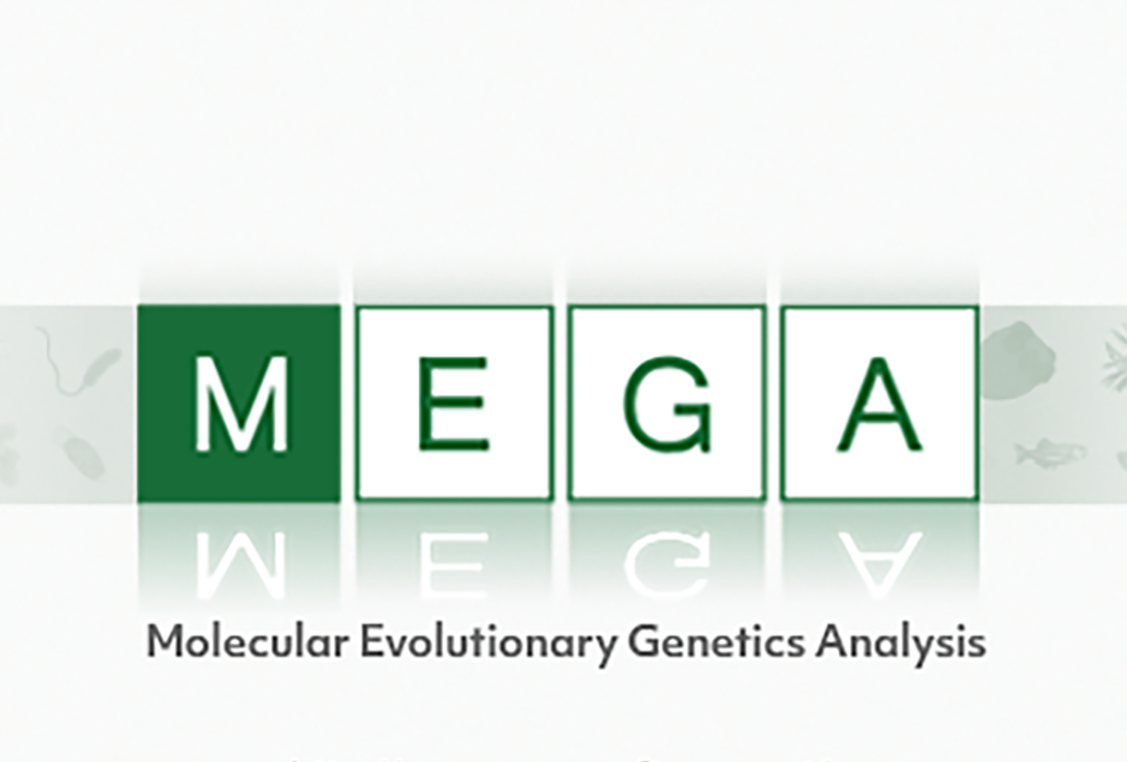The National Science Foundation has awarded Temple University a $1.5 million grant to develop new approaches and software tools for analyzing DNA and protein sequences. The award aims to enhance the MEGA software to keep pace with the increasing volume of genomic data generated by research laboratories and public health agencies.
The grant is awarded to Sudhir Kumar, Laura H. Carnell Professor of Biology and drector of the Institute for Genomics and Evolutionary Medicine (iGEM). His team first released MEGA in the 1990s for studying how DNA and proteins of pathogens, species and genes change over time. According to the MEGA website, the program has been downloaded more than 3.5 million times worldwide. Recently, two articles describing the MEGA software were recognized among the top 100 most-cited articles of all time in the history of science.
For researchers who rely on evolutionary analytical tools to track pathogens, study cancer or map the tree of life, the implementation of new advances in MEGA arrive none too soon.
Using the award, Kumar’s team will modernize MEGA’s core architecture to enable analysis of far larger and more complex datasets while reducing computing time and memory use. The advances planned will make sophisticated, big data analyses feasible even on standard desktop computers.
“This award builds on CST’s tradition of scientific excellence, where pioneering research continues to push the boundaries of knowledge and innovation,” said Miguel Mostafá, dean of the College of Science and Technology.” It highlights Temple’s growing leadership in computational biology and genome bioinformatics and exemplifies how our researchers are redefining the future of data-driven science.”
“Our project is about delivering innovations to scientists where they are, whether in a large core facility or a classroom, so they can analyze modern datasets without waiting in line for compute time,” explained Kumar.
MEGA’s planned advance reflects a broader shift in the life sciences, where sequencing has become cheaper and more routine, leaving computation as a growing bottleneck. By developing innovative algorithms and enhancing the software’s ability to manage memory and parallel processing, the Temple group aims to reduce analyses that currently take days to mere minutes or hours.
“Our goal is simple: make rigorous data analysis faster, more reliable, and doable by anyone with a laptop,” Kumar said. “If we can cut the time and cost of big data analyses, researchers can ask harder questions and respond more quickly to new data.”

